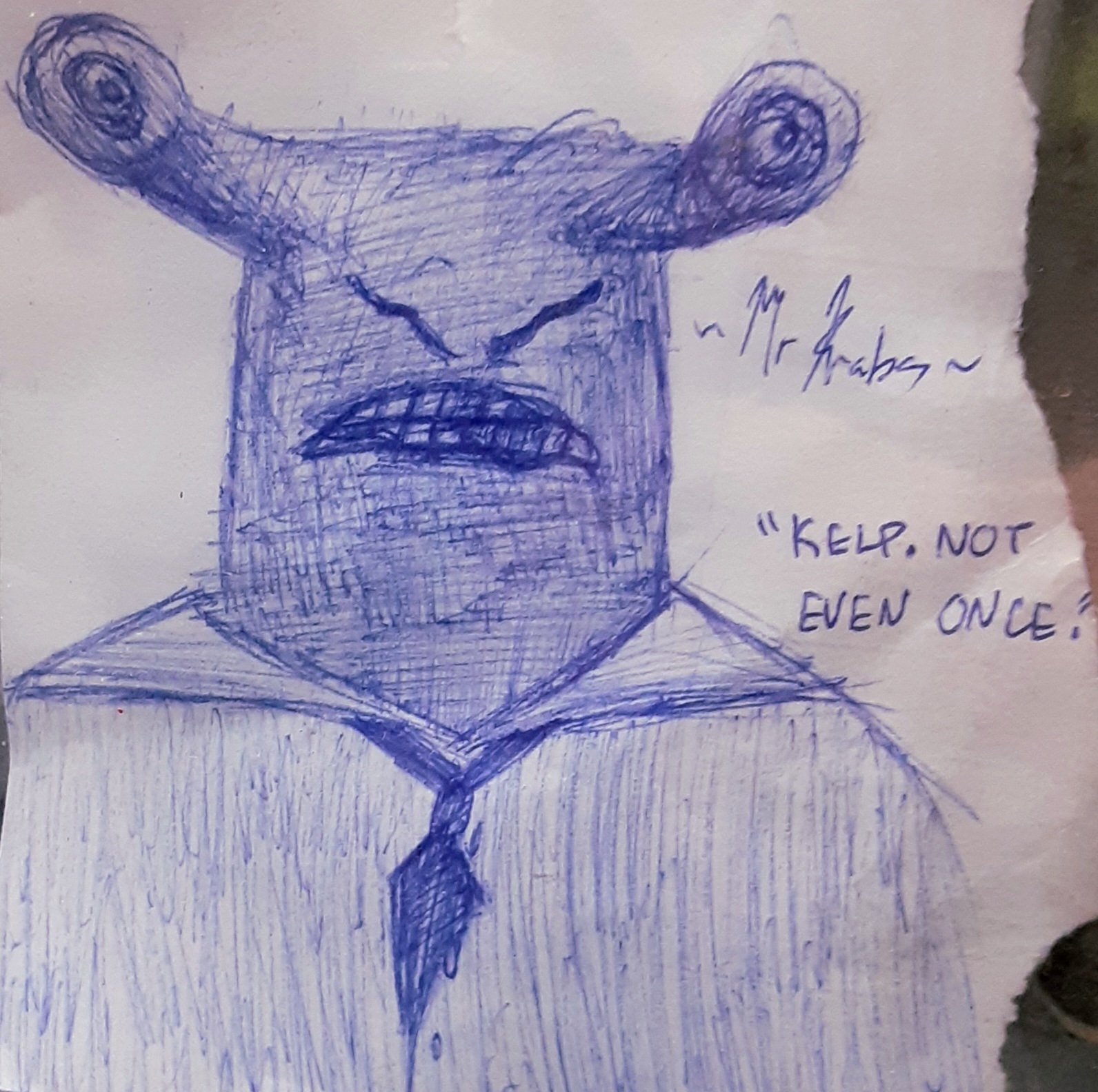The mercenaries’ march to Moscow may have ended, but the short-lived armed rebellion has exposed deep weaknesses inside the Kremlin and undermined Russian President Vladimir Putin’s 23-year rule like never before.
The crisis was unprecedented in Russia’s recent history and may forever tarnish the image of the country’s strongman president, analysts told NBC News. With this authoritarian veneer besmirched by the consequences of his own war in Ukraine and two decades of a divide and rule approach, it’s unclear what’s next for Putin.
“This is a devastating blow to Putin’s image as a strongman,” said Bill Browder, the American-born human rights lawyer and leading Putin critic. “If a warlord with just 25,000 men is able to take over several cities in Russia and make it to Moscow unopposed, it shows that Putin’s authority as a dictator is completely fake.”
Michael McFaul, former U.S. ambassador to Russia under then-President Barack Obama, agreed that even this fleeting display of insubordination would gravely hurt the Russian president.
“I don’t think he’s mortally weakened,” said McFaul, also a former Obama adviser who specialized in Russia. “I think he can survive this. But he is much weaker today than he was just 24 hours ago.”
Members of Wagner group sit atop of a tank in a street in Rostov-on-Don, Russia The mercenaries behind the rebellion were moving toward the capital before they turned back.Stringer / AFP via Getty Images ‘Who can Putin trust?’ This is new ground for Putin’s Russia, until now only troubled by the occasional unarmed protest swiftly crushed by police. By contrast, in a few short hours, Yevgeny Prigozhin’s Wagner mutineers were able to overrun a key Russian city, shoot down several military aircraft and leave the Kremlin scrambling to defend the capital.
The few Russian troops not deployed in Ukraine were seemingly unable or unwilling to thwart Prigozhin’s advance, with his fighters even cheered by some locals.
The revolt’s abrupt resolution may only add to the questions now hanging over the Kremlin, not least because of Putin’s apparent willingness to pardon Prigozhin — sending him to Belarus and dropping charges against his fighters — just hours after accusing him of stabbing Russia in the back.
A closer look at the man behind the armed rebellion in Russia The situation that unfolded in Russia over the past 24 hours was the most dramatic political development to take place in decades. It was the kind of sudden crisis that at one stage looked like it was evoking the collapse of the Soviet Union in 1991, and the 1993 constitutional crisis that saw troops loyal to then-President Boris Yeltsin fire tank shells at the offices of Parliament.
Prigozhin called it a “rebellion” against Russia’s Defense Ministry, led by his rival Sergei Shoigu. The mercenary chief was careful not to criticize Putin, but his advance was a clear threat to the Russian president, who denounced it as such and vowed to “neutralize” the uprising.
While this was playing out, a senior American military official told NBC News it was “a very dangerous time” and “it all depends on how the military acts — the next 72 hours are critical.” The best way to understand what happened is to see it as an attempted Mafia takeover, the official said, with a loyal soldier who has risen through the ranks seeking more power for himself.
The mercenaries got within 125 miles of Moscow before making the shock announcement that they were turning back.
But this maverick act of revolt from one of Putin’s former close allies has presented Russians with an alternative narrative for the war in Ukraine and a glimpse at the weakness of the state.
Prigozhin preceded his advance on Moscow with public defiance of Kremlin propaganda, denouncing the invasion as an unjustified attempt by elites to plunder Ukraine’s material assets — resulting in the needless deaths of untold thousands of Russians.
The Russian people, its military and elites will not forget Prigozhin’s searing criticisms, much less the vulnerabilities his uprising exposed. “What’s done cannot be undone,” as the Atlantic Council, a Washington think tank, said in a briefing.



Oh give me a break. You want to flood every topic with misinformation- exactly as the russians have been doing for the past 90+ years?
You think that EVERY BOOK coming out of america is “propaganda”? You think all books are being vetted by some sort of “propaganda department” and altered to give one party’s lies?
That sounds just like the situation in russia and china. Try writing a book on tiananmen square and releasing it in china.
Russia and china are complete jokes in terms of freedom for their citizens. The chinese can’t even fucking use the internet properly, russians can’t criticize the government without disappearing. If you lived in these countries you’d have to be using a vpn just to talk to us.
Don’t be a hypocrit.
America has a ton of problems, more than many other 1st world countries, however press freedom is very good. MANY authors will publish books which will be reviewed by the independent press. You choose the book you want to read, you can read all of them and compare notes and judge who you think is giving the big picture.
https://en.wikipedia.org/wiki/World_Press_Freedom_Index
Where’s china on that list? Oh, second from the fucking bottom above north korea. Fuck china. Russia is barely better. Who the hell would want to live in a communist country, not that you could call either of them that anymore.
Communism was a failure, and always will be a failure. Capitalism isn’t the best option, but communism is obviously one of the worst.
Judging by your comment history, however, comrade, I’m not surprised you wrote such propaganda. Putin will pin a medal on your body.